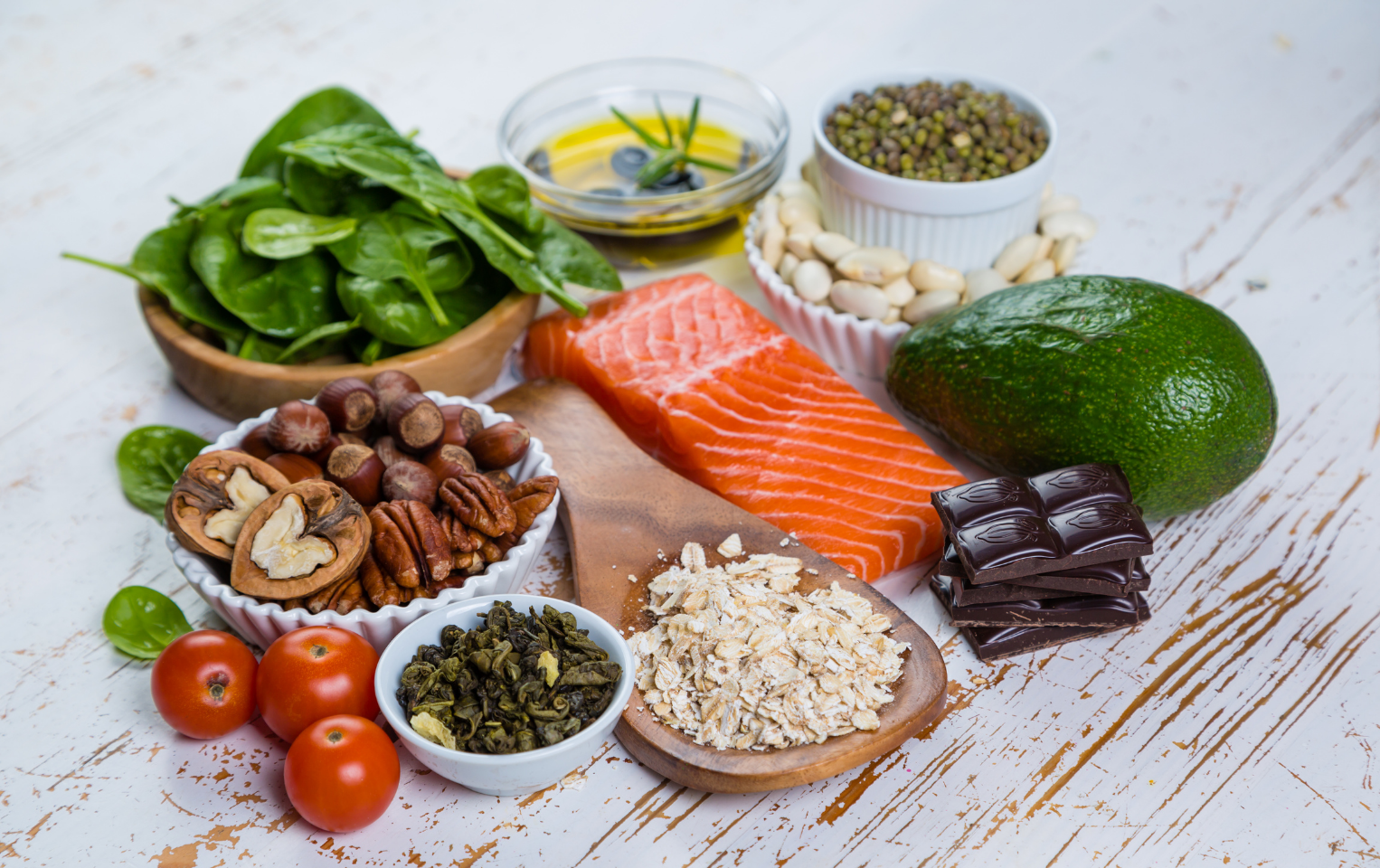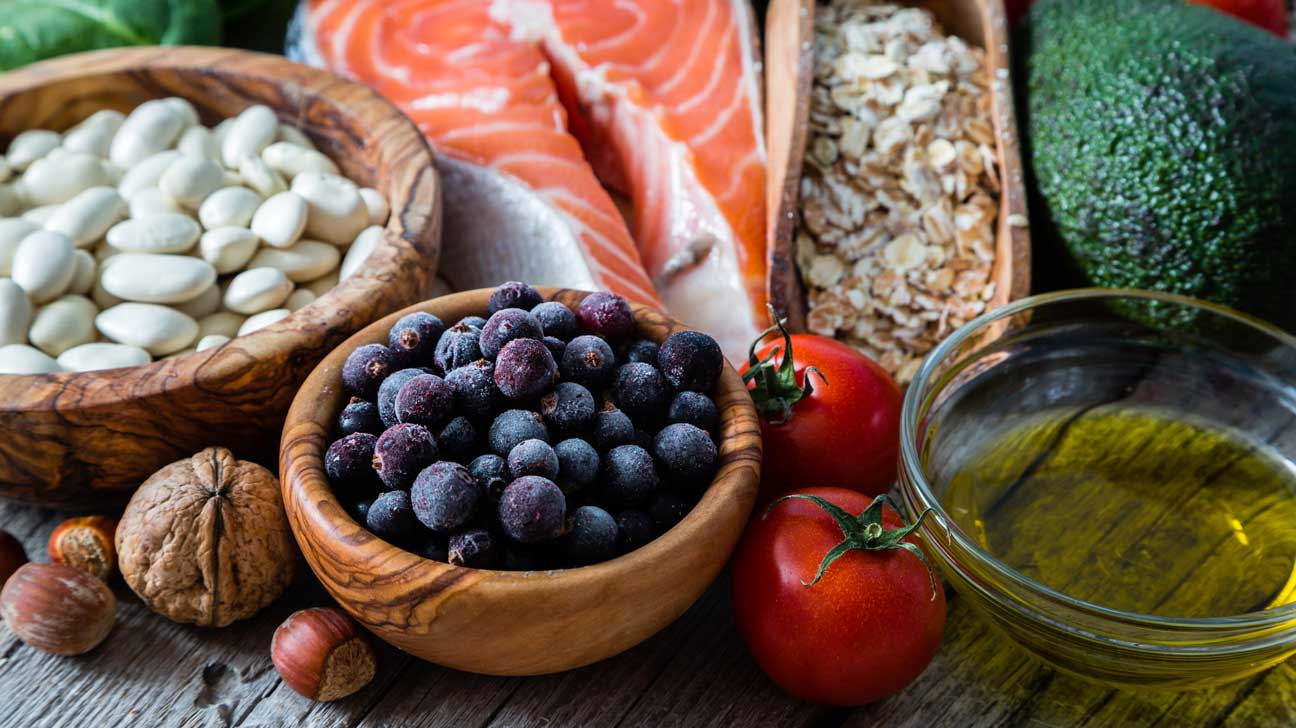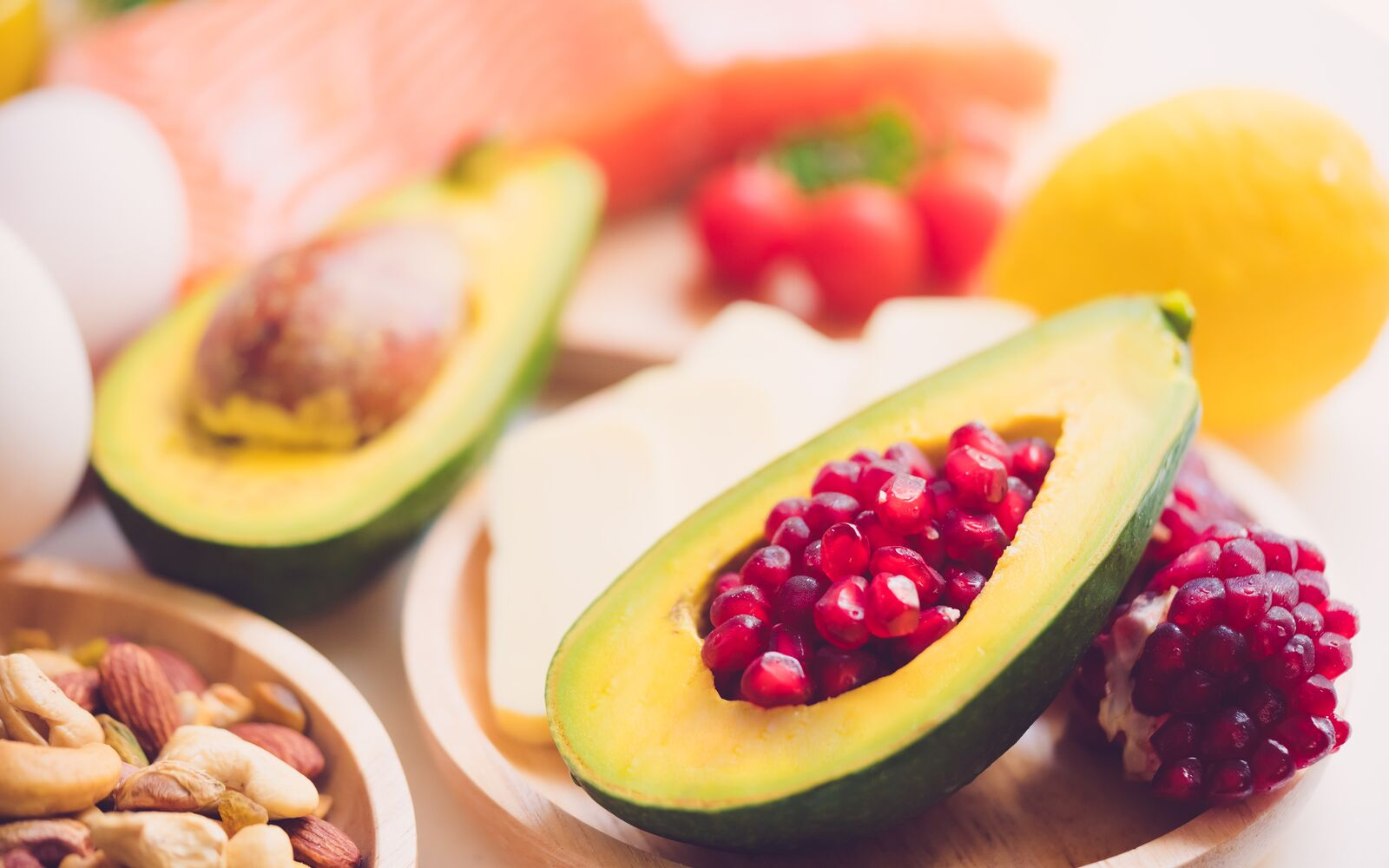
Eat Smart Learn
Clinical Diet Education

Clinical Diet Education

Well, let me tell you something about this keto business - after watching my neighbors and friends try every diet under the sun here in Canada, I've seen what works and what doesn't. The ketogenic diet, or "keto" as everyone calls it these days, isn't just another fad that'll disappear faster than snow in July. It's a proper way of eating that changes how your body gets its energy, and I've spent considerable time researching this for folks who want real answers, not just pretty promises.
The ketogenic diet works by drastically reducing carbohydrates - we're talking about 20-50g per day instead of the typical 225-325g most Canadians consume. When you cut carbs this low, your body enters a metabolic state called ketosis, where it burns fat for fuel instead of sugar. It's like switching your car from gasoline to diesel - different fuel, but potentially better efficiency for some folks.
Now, I want to be straight with you about what this means for us Canadians. Our traditional foods - those lovely butter tarts, maple syrup, and even our beloved Tim Hortons double-doubles - they don't fit into a ketogenic lifestyle. But that doesn't mean you'll be eating cardboard. There's plenty of satisfying food available, and with our excellent access to fresh salmon, grass-fed beef, and quality dairy products across most provinces, we're actually well-positioned for keto success.
This isn't about perfection - it's about understanding what you're getting into and making informed choices. The ketogenic diet can offer significant benefits, but like any major change, it requires commitment, planning, and realistic expectations. Let me walk you through everything you need to know to start this journey properly.
When you severely restrict carbohydrates, your body runs out of its preferred quick-energy source - glucose. After about 2-4 days, your liver starts breaking down stored fat into molecules called ketones. These ketones become your new primary fuel source, and that's when you're officially in ketosis.
The macronutrient breakdown for ketosis typically looks like this: 70-80% of calories from fat, 15-25% from protein, and only 5-10% from carbohydrates. For a typical Canadian woman eating 1,600 calories daily, that means roughly 142g fat, 80g protein, and 20g carbs.
The research on ketogenic diets shows several compelling benefits. Weight loss is often the most noticeable - many people lose 1-2 pounds per week initially, though much of the first week's loss is water weight. More importantly, studies indicate improvements in blood sugar control, with some type 2 diabetics reducing or eliminating medication under medical supervision.
Mental clarity is another frequently reported benefit. Once your brain adapts to using ketones for fuel - usually after 2-3 weeks - many people experience more stable energy levels without the typical afternoon crashes. This is particularly valuable for Canadians dealing with long, dark winters that can affect mood and energy.
However, I need to be clear about something - ketosis isn't magic. The weight loss happens because most people naturally eat fewer calories when they eliminate high-carb foods and feel more satisfied from protein and fat. The other benefits, while real for many people, vary significantly from person to person.
Living in Canada gives us access to some excellent keto-friendly foods, though prices can vary significantly depending on your province. Let me break down what should fill your grocery cart, keeping in mind both nutrition and budget considerations that matter to Canadian families.
Canadian dairy products are generally high quality, making butter, heavy cream, and full-fat cheeses excellent choices. Avocados can be expensive, especially in winter, but they're worth buying when on sale. Olive oil, coconut oil, and avocado oil form the foundation of your cooking fats.
Nuts and seeds provide both fat and some protein, but watch portions carefully - it's easy to overeat them. A serving of almonds is about 23 nuts, containing roughly 3g net carbs.
Focus on leafy greens, broccoli, cauliflower, zucchini, and bell peppers. These vegetables provide essential nutrients while keeping carbs low. Frozen vegetables are often more affordable than fresh, especially during our long winters, and they're just as nutritious. A cup of broccoli contains only 4g net carbs, making it an excellent choice for filling out meals.
Successful keto eating requires more planning than most diets, particularly in Canada where keto-friendly convenience foods can be limited and expensive. I've found that batch cooking and meal prep are absolutely essential, especially during busy work weeks or when dealing with winter weather that makes frequent grocery trips challenging.
Breakfast options: Eggs cooked in butter with spinach and cheese, or full-fat Greek yogurt with a small amount of berries and nuts. Many people find they naturally skip breakfast after a few weeks on keto due to reduced appetite - this is normal and not problematic if you're getting adequate nutrition in your other meals.
Lunch ideas: Salads with grilled chicken or salmon, avocado, and olive oil dressing. Leftover dinner proteins with steamed vegetables. Egg salad or tuna salad with lettuce wraps instead of bread. Keep portions of protein around 4-6 ounces.
Dinner planning: Build meals around a protein source, add non-starchy vegetables, and include healthy fats. Baked salmon with roasted Brussels sprouts cooked in bacon fat. Ground beef stir-fry with broccoli and coconut oil. Slow-cooked pork shoulder with cauliflower mash.
Sunday meal prep becomes crucial for keto success. Cook large batches of protein - whole chickens, roasts, or several pounds of ground beef seasoned different ways. Prepare vegetables that reheat well, like roasted broccoli or sautéed spinach. Hard-boil a dozen eggs for quick snacks or meal additions.
Invest in quality food storage containers - glass containers work better than plastic for reheating and don't retain odors. Label everything with contents and date. Most prepared keto meals keep well for 3-4 days in the refrigerator or 2-3 months in the freezer.
The first few weeks of keto can be challenging, and I want you to be prepared for what's coming. Most people experience what's called the "keto flu" during days 2-7. This isn't actually the flu - it's your body adjusting to using fat for fuel instead of carbohydrates.
Common symptoms include fatigue, headaches, irritability, and difficulty concentrating. These symptoms are largely caused by electrolyte imbalances as your body sheds water weight. Increasing your sodium intake to 2,000-3,000mg daily can help significantly - this means adding salt to your food and drinking broth.
Magnesium and potassium are also important. Magnesium supplements of 200-400mg daily can help with muscle cramps and sleep quality. For potassium, focus on food sources like avocados, spinach, and salmon rather than supplements, which are limited in Canada to low doses.
While the scale can be motivating, it's not the whole story. Your weight may fluctuate 2-4 pounds daily due to water retention, especially for women during different menstrual cycle phases. Take body measurements, progress photos, and note non-scale victories like improved energy, better sleep, or clothes fitting differently.
If you want to test for ketosis, urine strips are available at most Canadian pharmacies for around $15-20. However, they become less accurate after the first few weeks as your body becomes more efficient at using ketones. Blood ketone meters are more accurate but expensive - strips cost $2-3 each.
After observing many people attempt keto over the years, I've noticed patterns in what causes people to struggle or give up entirely. Most of these mistakes are completely avoidable with proper preparation and realistic expectations.
Many beginners think that eating 25g of carbs instead of 20g means they've "failed." This all-or-nothing thinking leads to giving up after minor slip-ups. The truth is, ketosis exists on a spectrum, and being slightly higher in carbs occasionally won't ruin your progress. Focus on consistency over perfection.
Similarly, don't obsess over ketone readings. Some people maintain ketosis at higher carb levels, while others need to stay very low. Pay attention to how you feel rather than chasing specific numbers.
Starting keto without having keto-friendly foods readily available is like trying to swim upstream. When you're hungry and tired after work, you'll reach for whatever's convenient. This is especially problematic in Canada where keto convenience foods are limited and expensive.
Always have emergency keto foods available: hard-boiled eggs, cheese, nuts, canned fish, or pre-cooked proteins. These prevent desperate trips to fast-food restaurants where keto options are limited.
Canadian social culture revolves around food - hockey games with nachos, cottage weekends with barbecues, office birthday cakes. Plan ahead for these situations. Eat before you go, bring keto-friendly dishes to share, or decide in advance how you'll handle food-centered social events. Having a strategy prevents uncomfortable situations and helps you stick to your goals without feeling isolated.
The ketogenic diet can be sustainable long-term, but it requires developing systems that work with your lifestyle, not against it. After the initial adaptation period, most people find keto becomes easier, but you still need strategies for maintaining your new way of eating through life's inevitable changes and challenges.
Regular monitoring becomes important after the first few months. Schedule quarterly check-ins with your doctor to monitor blood work, especially if you have any existing health conditions. Many people see improvements in markers like triglycerides and HDL cholesterol, but individual responses vary, and monitoring ensures you're moving in the right direction.
Consider working with a registered dietitian familiar with ketogenic diets, particularly if you're managing diabetes, taking medications, or have a history of eating disorders. Coverage for nutritional counseling varies by province, but many extended health plans include some dietitian visits. This professional guidance can help you avoid nutritional deficiencies and ensure you're implementing keto in the healthiest way possible for your individual situation.
The ketogenic diet isn't right for everyone, and that's perfectly fine. What matters is making an informed decision based on accurate information, not marketing promises or social media success stories. If you decide to try keto, approach it as a learning experience rather than a quick fix.
Remember that sustainable health changes happen gradually. Even if you don't stick with strict keto long-term, many of the habits you'll develop - eating more vegetables, reading food labels, cooking at home more often, and paying attention to how foods make you feel - these skills serve you well regardless of what eating approach you ultimately choose.
The most successful people I've observed treat keto as one tool in their health toolkit, not a magic solution. They stay flexible, adjust their approach as needed, and focus on progress rather than perfection. Whether keto becomes a long-term lifestyle or a temporary learning experience, the knowledge and skills you gain about nutrition, meal planning, and listening to your body will benefit you for years to come.
json
Gain control over your portions and learn how to build balanced meals that support your health goals...

Dive into the world of intermittent fasting and learn how this powerful approach can improve your ov...

Learn practical tips and tricks to enjoy delicious, nutritious meals without breaking the bank. Our ...